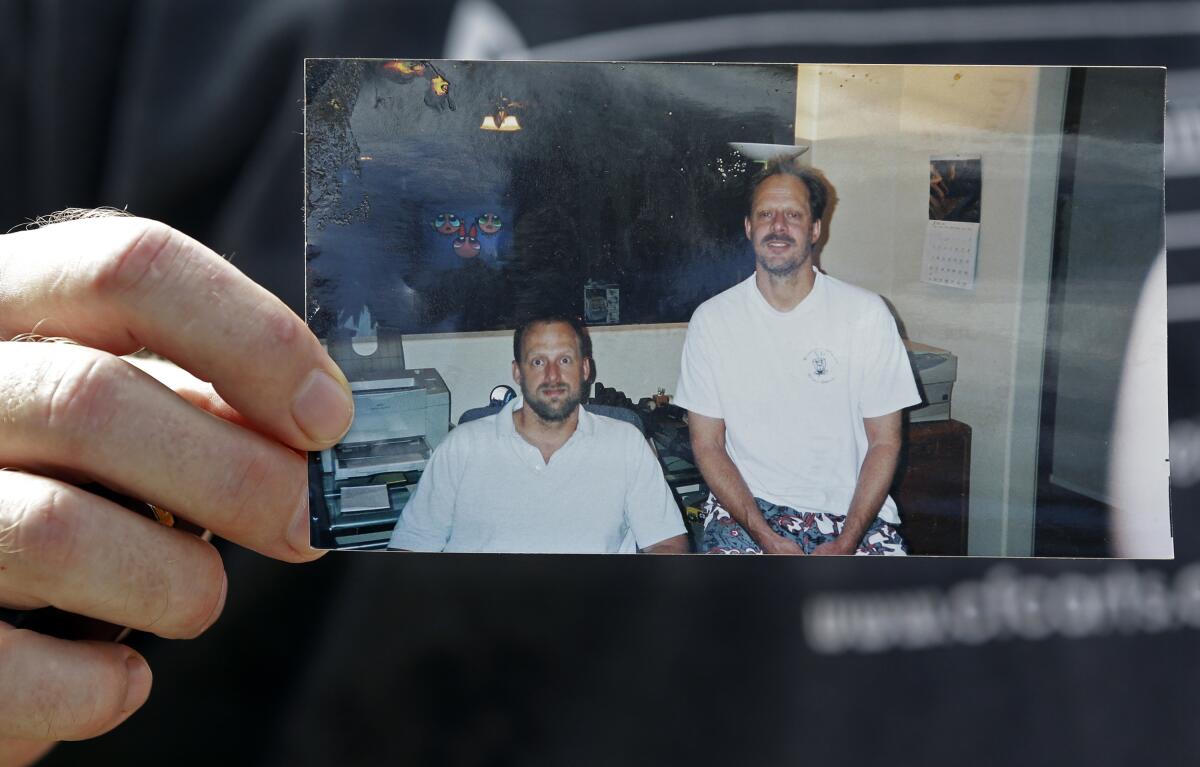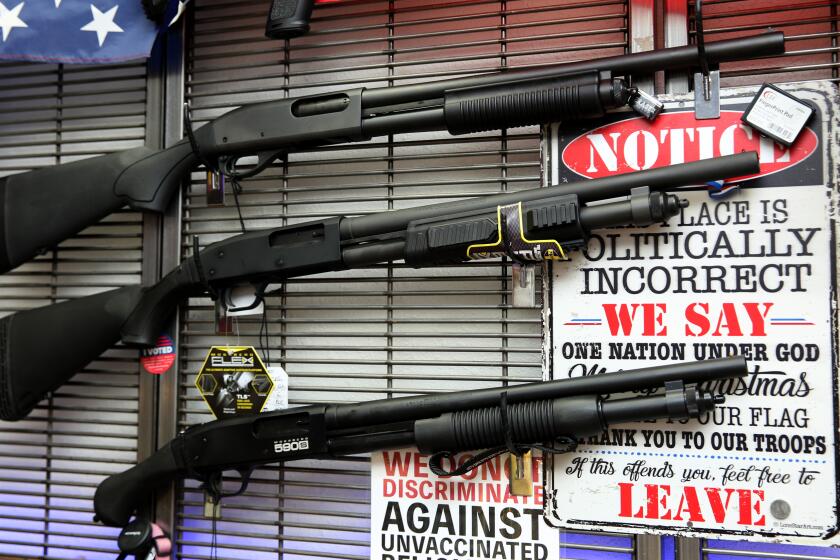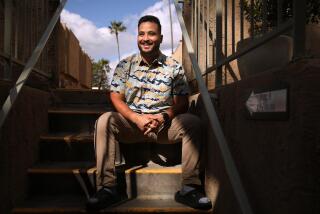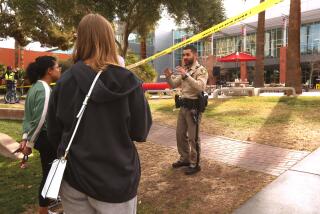Las Vegas mass shooter was angry at casinos, according to FBI documents

LAS VEGAS — The high-stakes gambler who opened fire on a concert crowd on the Las Vegas Strip, killing 60 and injuring hundreds more, was angry over how the casinos were treating him despite his high-roller status, according to FBI documents made public this week.
The cache of new documents offer the strongest indication yet of why Stephen Paddock carried out the deadliest mass shooting in modern American history.
A fellow gambler, whose name is redacted from the hundreds of pages of documents, told the FBI that casinos had previously treated high rollers like Paddock to free cruises, airline flights, penthouse suites, rides in “nice cars” and tours in wine country.
But in the years leading up to the Oct. 1, 2017, mass shooting in Las Vegas, the red carpet treatment had faded, the gambler said, and casinos even began banning some high rollers “for playing well and winning large quantities of money.” Paddock had been banned from three Reno casinos, the gambler said.
The gambler said he believed “the stress could easily be what caused” Paddock “to snap.”
Gun sales tend to spike after mass violence. Now, some members of a group less likely to own guns are considering purchases.
The revelation comes years after the FBI in Las Vegas and the local police department concluded their investigations without a definitive motive, although both agencies said Paddock burned through more than $1.5 million, became obsessed with guns, and distanced himself from his girlfriend and family in the months leading up to the shooting.
In a statement Thursday, Las Vegas police defended their inconclusive findings and dismissed the importance of the documents released this week in response to an open-records request from the Wall Street Journal.
“We were unable to determine a motive for the shooter,” the statement said. “Speculating on a motive causes more harm to the hundreds of people who were victims that night.”
Paddock killed himself as SWAT officers closed in, left no manifesto or “even a note to answer questions” about his motive for the rampage, then-Sheriff Joe Lombardo said in 2018. Lombardo, now the governor of Nevada, declined to comment Thursday.
Kelly McMahill, a former Las Vegas Metropolitan Police Department official who headed the criminal investigation into the shooting, said there was never any indicator that Paddock’s motive was anger at the casinos.
“There’s no way that LVMPD would have hidden any potential motive from our victims and survivors for five years,” McMahill said.
Associated Press writer Ken Ritter in Las Vegas contributed to this report.
More to Read
Sign up for Essential California
The most important California stories and recommendations in your inbox every morning.
You may occasionally receive promotional content from the Los Angeles Times.











